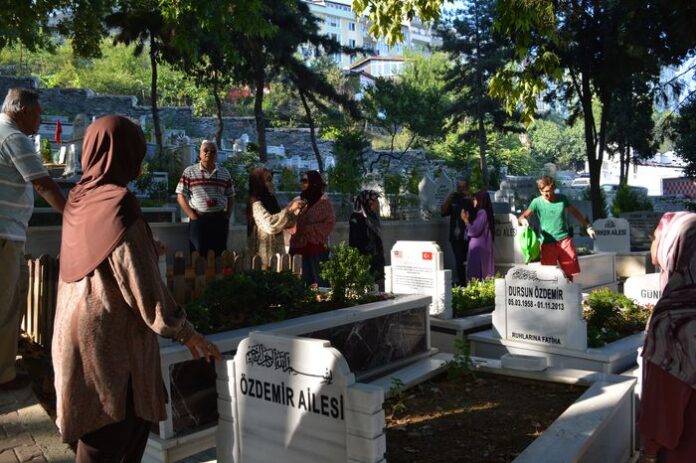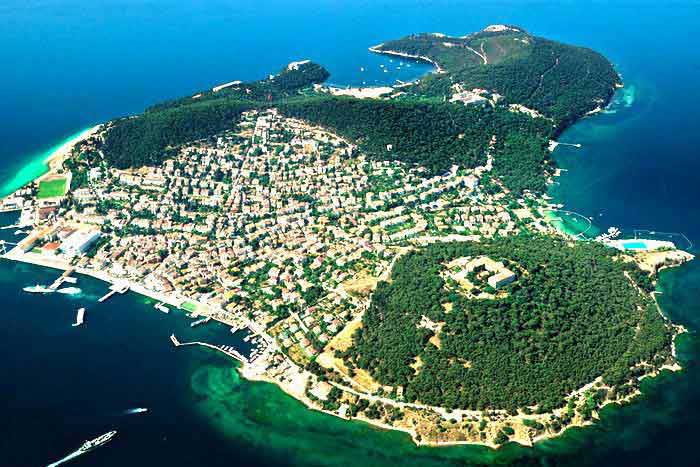Constantine VIII 1025—1028
On the death of Basil, his brother Constantine became emperor for the second time. There was no opposition. As a matter of fact, the dying Basil summoned him to the palace just before the end, and there handed over to him the reins of government. Constantine was at this time in his seventieth year, a person of decidedly effeminate character with but one great object in life– to enjoy himself to the full.**22 Since he inherited a treasury crammed with money, he was able to follow his natural inclination, and the new ruler devoted himself to a life of luxury.
According to tradition he was a man of sluggish temperament, with no great ambition for power; he was physically strong, but a craven at heart. Already he was an old man, no longer capable of waging war, and every ill rumour filled him with exasperation. The barbarians encircling our borders had only to stir a finger against us and Constantine would hold them in check– with granting of titles and giving of bribes. If his own subjects rebelled, it was different: they were punished with savage retribution.**23 Suspicion of revolutionary plots, or of party factions, resulted in vengeance and the suspects were condemned without trial.
The Romans became his slaves, not won over by acts of kindness but subdued by all manner of horrible punishments. No man was ever more quick-tempered. His anger was uncontrolled, and he was ready to listen to any rumour, especially if it concerned those whom he suspected of treachery. On these victims awful tortures were indicted. It was not a question of temporary restrictions, or of banishment, or of prison: his method was to punish malefactors on the spot, with blinding of the eyes by a red-hot iron.
Dealing with apparently flagrant crime
This was the penalty imposed on all and sundry, quite apart from the fact that, in one case, he was dealing with apparently flagrant crime, in another with minor delinquencies. No distinction was made between the perpetration of a crime and mere suspicion of wrong-doing. His concern, indeed, was not to award punishment in proportion to the offences, but rather to free himself from his own doubts, and to him it seemed that such torture as blinding was more humane than others.
Moreover, it rendered the victims helpless, an excellent reason for its wider use. He maintained this policy irrespective of the high or low rank of his subjects. The evil practice was even extended to include some of the clergy, and the very bishops were not exempt. Once carried away by his anger, the man could only be restored to a reasonable frame of mind with difficulty, and he would turn a deaf ear to all advice. Yet, quicktempered as he was, Constantine had not been utterly divorced from pity, for at the sight of disaster he would be troubled, and he was often gracious to those who had a woeful story to tell.
Read More about Subject to the ruler of the Bulgarians








